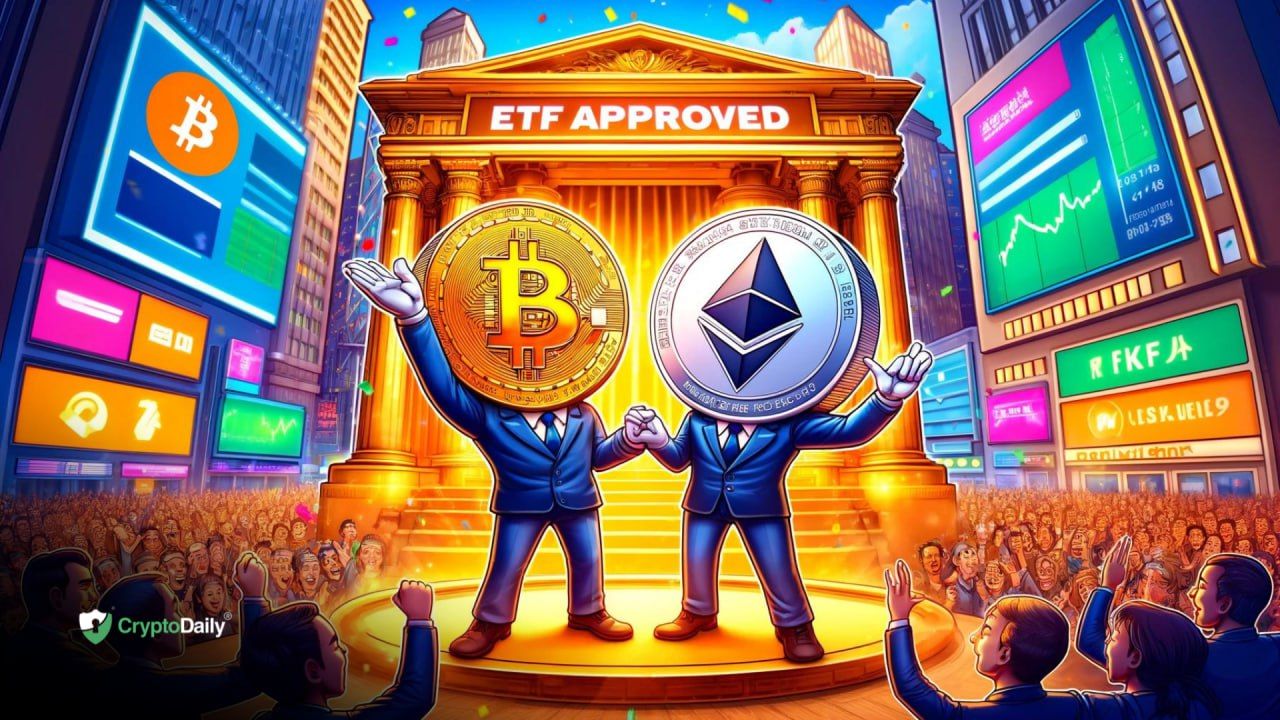Brazil's Senate has taken a first step in the country's bid to regulate its domestic cryptocurrency market. A bill that aims to create a framework that would ground oversight on cryptocurrencies and digital assets and its use cases for the largest demographic in the Latin American region.
Having passed a key stage in the legislative process approved by the Brazilian Senate’s Economic Affairs Committee. The bill would later be voted on the Senate floor, and once passed by the lower house and the senate, it would then be sent to President Jair Bolsonaro for a final signature and implementation to the country's law.
According to the Brazilian Senate's notice on the matter, the crypto regulation framework detailed in the bill's passages is aimed at defining the limits and bounds of crypto and digital assets, as well as provide categories that would accommodate and sort the country's local crypto firms by use case and target market. Brazil currently has locally operated crypto exchanges and crypto wallet startups, and these firms will likely receive a huge boost in traction and user growth once the bill passes into law.
The bill is being processed at the same time that Brazil is developing its own central bank digital currency (CBDC), a digital version of the Brazilian real. However, this initiative is aimed at attracting investments for the country, instead of commercial use, as compared to the crypto regulation bill.
Brazilian Senator Irajá Abreu shares that he sees the bill as a necessary measure to curb the onslaught of financial crimes that have been done through crypto.
“The intention of the project is to curb or restrict illegal practices, such as money laundering, tax evasion and many other crimes. There is a market that is licit, legal, which is the vast majority of this market, but there are exceptions," Abreu said.
Abreu is the original author of the proposed bill, which was first filed for scrutiny in 2019. The bill defines the variegated aspects of what counts as, as well as what constitutes a virtual asset, accounting for the differences between a firm that operates as a broker or exchange, or other similar outfits that touch base with virtual and digital assets such as crypto.
According to the bill, a crypto broker or exchange operates as a legal entity that enables its clients or users to gain access and “participation in financial services and provisions,” performing swaps between virtual assets and fiat currencies, as well as between virtual assets and other similar virtual assets traded on a platform. The bill also includes custodial and transferring powers for an exchange or broker.
The bill also sets out to determine which of Brazil's Federal government agencies should have specific jurisdiction over the virtual assets. According to Abreu, this will likely be tasked to the country's Central Bank, which has been active in the development of the draft.
According to the bill, a virtual asset (VA) is a "digital representation of value that can be traded or transferred by electronic means and used to make payments or for investment purposes."
“With regulation, cryptocurrency will become even more popular. Once this regulation is approved, the trend is that it will be increasingly adopted in the supermarket, in commerce, in a car dealership.” Abreu shares
If passed, the bill will mark Brazil as the second Latin American nation to provide regulation for cryptocurrencies and other digital assets, following a similar path with the initiatives led by El Salvador, which saw its tourism industry growing by at least 30% since it introduced Bitcoin (BTC) as legal tender. Aside from El Salvador and Brazil, Cuba has also introduced and issued rules that would help recognize and organize the use cases of crypto and digital assets.
Disclaimer: This article is provided for informational purposes only. It is not offered or intended to be used as legal, tax, investment, financial, or other advice.
Investment Disclaimer













